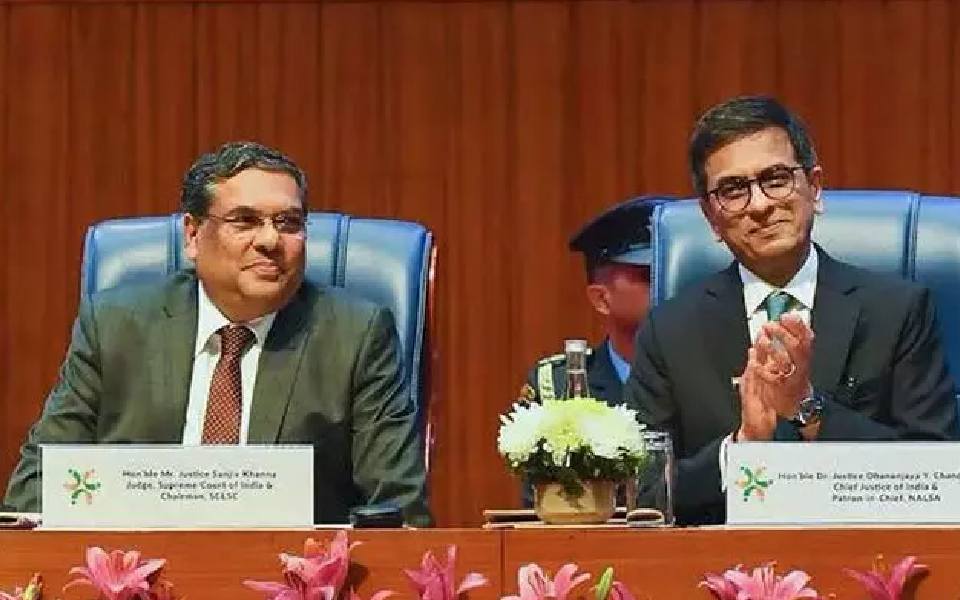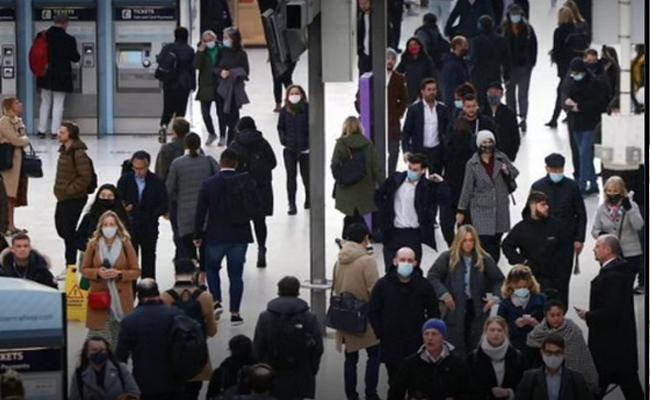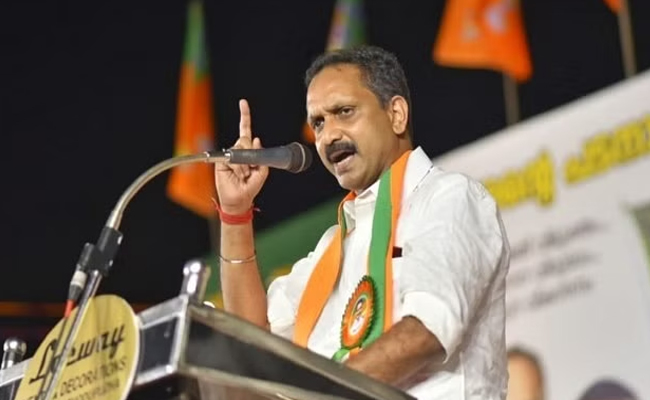New Delhi, Oct 24: Justice Sanjiv Khanna was on Thursday appointed the 51st Chief Justice of India.
He will take oath on November 11, a day after incumbent Justice D Y Chandrachud demits office on attaining the age of 65.
Justice Chandrachud took over as the CJI on November 8, 2022.
Justice Khanna will have a tenure of a little over six months as CJI and would demit office on May 13, 2025.
"In exercise of the power conferred by the Constitution of India, Hon'ble President, after consultation with Hon'ble Chief Justice of India, is pleased to appoint Shri Justice Sanjiv Khanna, Judge of the Supreme Court of India as Chief Justice of India with effect from 11th November, 2024," Law Minister Arjun Ram Meghwal posted on X.
Justice Khanna was appointed an additional judge of the Delhi High Court in 2005 and was made a permanent judge in 2006. On January 18, 2019, he was elevated as a judge of the Supreme Court.
Born on May 14, 1960, he studied law at the Campus Law Centre of Delhi University.
Some of the notable judgments of Justice Khanna in the Supreme Court include upholding the use of electronic voting machines in elections, saying the devices were secure and eliminated booth capturing and bogus voting.
He was also part of the five-judge bench that declared the electoral bond scheme, meant for funding of political parties, as unconstitutional.
Justice Khanna was a part of the five-judge bench, which upheld the Centre's 2019 decision abrogating Article 370 of the Constitution which granted a special status to the erstwhile state of Jammu and Kashmir.
Justice Khanna, who is the senior-most judge after the outgoing CJI, and the executive chairman of the National Legal Service Authority (NALSA), had granted interim bail to the then Delhi Chief Minister Arvind Kejriwal, an accused in the alleged Delhi excise policy scam cases, for campaigning in Lok Sabha elections.
He is the nephew of former apex court judge H R Khanna, who was part of the landmark verdict propounding the basic structure doctrine in Kesavananda Bharati case of 1973.
The retirement age of Supreme Court judges is 65 years, while high court judges demit office at the age of 62 years.
The Centre recently asked CJI Chandrachud to name his successor.
According to the memorandum of procedure (MoP) -- a set of documents guiding appointment, elevation and transfer of high court and Supreme Court judges -- the law minister writes to the CJI to name his or her successor.
Law Minister Meghwal had written to CJI Chandrachud asking him to name his successor.
The MoP says the senior-most judge of the apex court is considered fit to hold the office of the CJI and the views of the outgoing head of the judiciary have to be sought "at an appropriate time".
The MoP, however, does not specify the time limit for the initiation of the process of recommending the name of the successor CJI.
In exercise of the power conferred by the Constitution of India, Hon’ble President, after consultation with Hon’ble Chief Justice of India, is pleased to appoint Shri Justice Sanjiv Khanna, Judge of the Supreme Court of India as Chief Justice of India with effect from 11th…
— Arjun Ram Meghwal (@arjunrammeghwal) October 24, 2024
Let the Truth be known. If you read VB and like VB, please be a VB Supporter and Help us deliver the Truth to one and all.
London: British workers are facing some of the highest levels of job stress in Europe, with long working hours, tight deadlines, and limited autonomy, without being any more productive, according to a new report. The findings come as the UK's new Labour government prepares to introduce tougher regulations for employers.
The report, produced by the Commission for Healthier Working Lives — a body set up by the Britain's Health Foundation think tank and trade union representation — reveals that three-fifths of the UK workforce experience tight deadlines, and two-fifths had to work at high speed, as cited by Reuters on Monday. These figures are among the largest proportions in Europe. In contrast, only a third of workers have the autonomy to choose the pace of their work.
Jonny Gifford, principal research fellow at the Institute for Employment Studies and one of the report's authors, stressed that long hours, work intensity, and lack of control are problem areas that should be addressed.
The report noted that workers in certain sectors, particularly construction, transport, warehouses, retail, and hospitality, face the most demanding conditions, while professional roles like teaching and nursing also reported particular strain.
The report highlighted that the UK ranks poorly across nearly every measure of workplace demands, control, and job strain in comparison to other European nations. About half of the UK's workforce reported feeling exhausted from work, and stress levels have risen significantly over the past 25 years.





